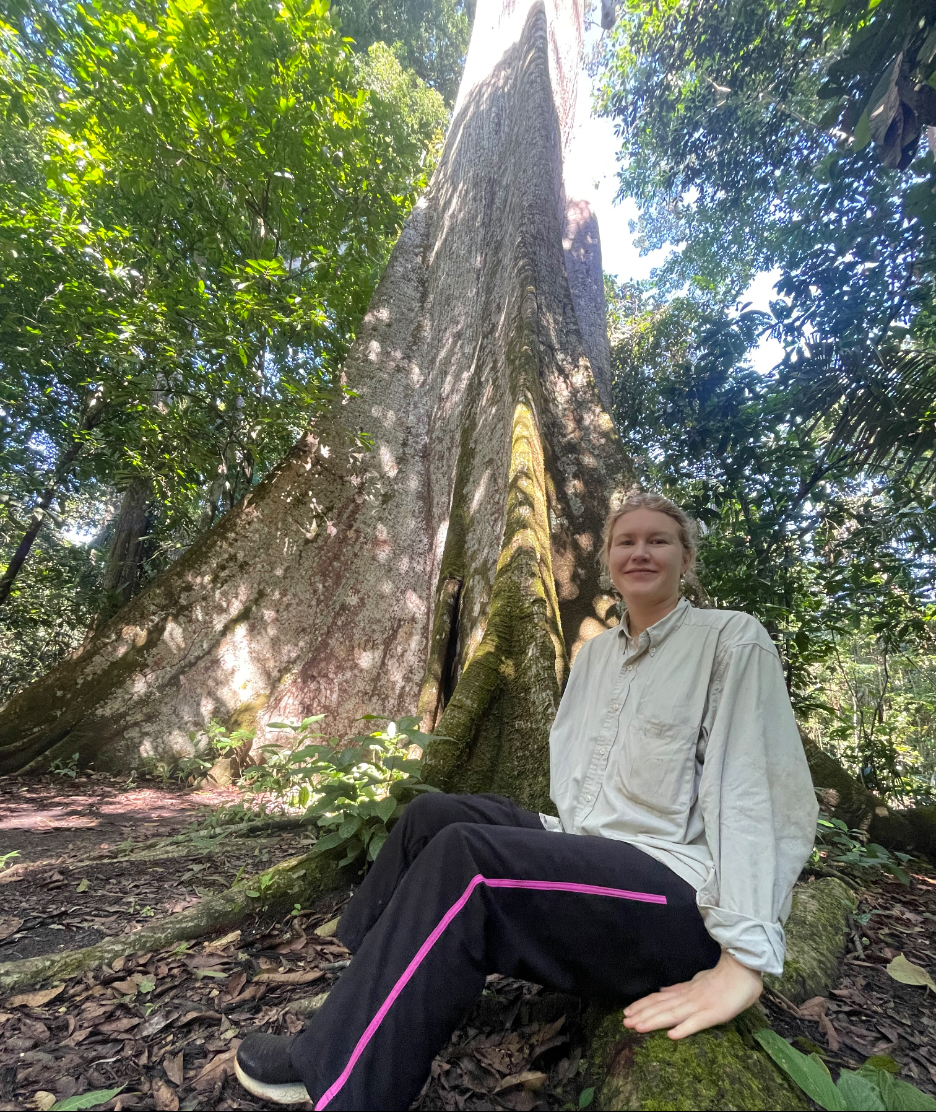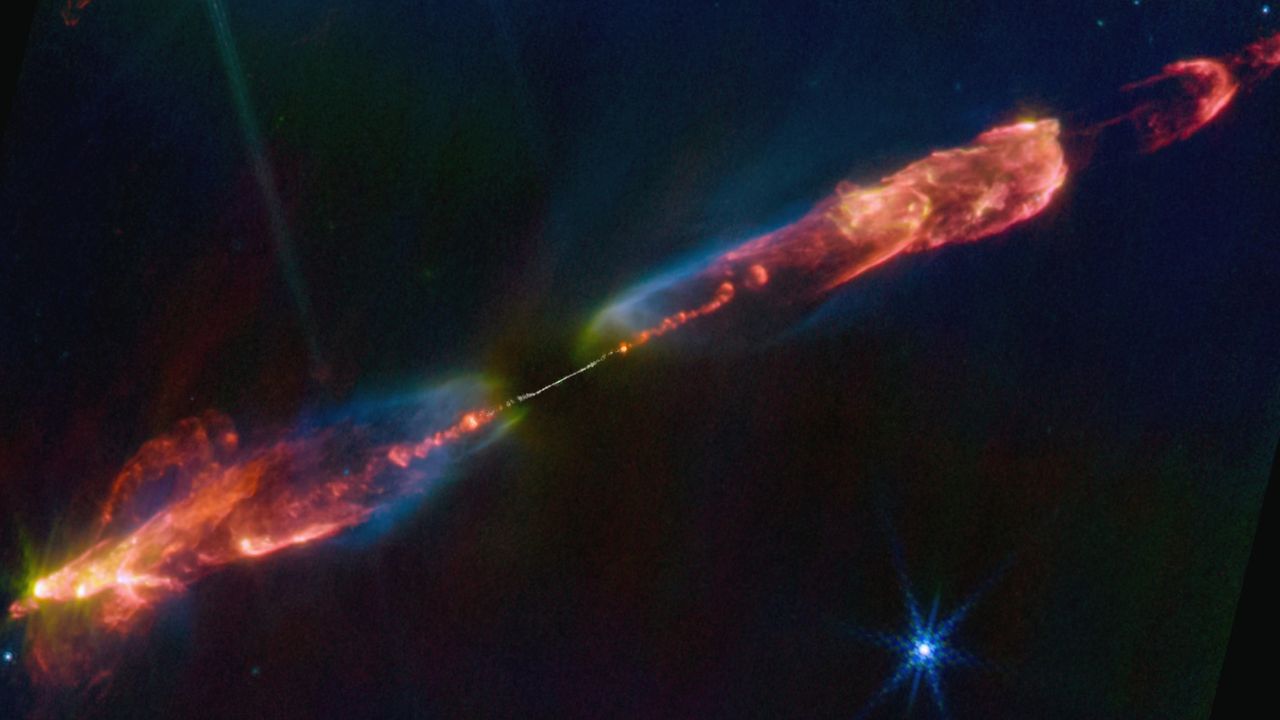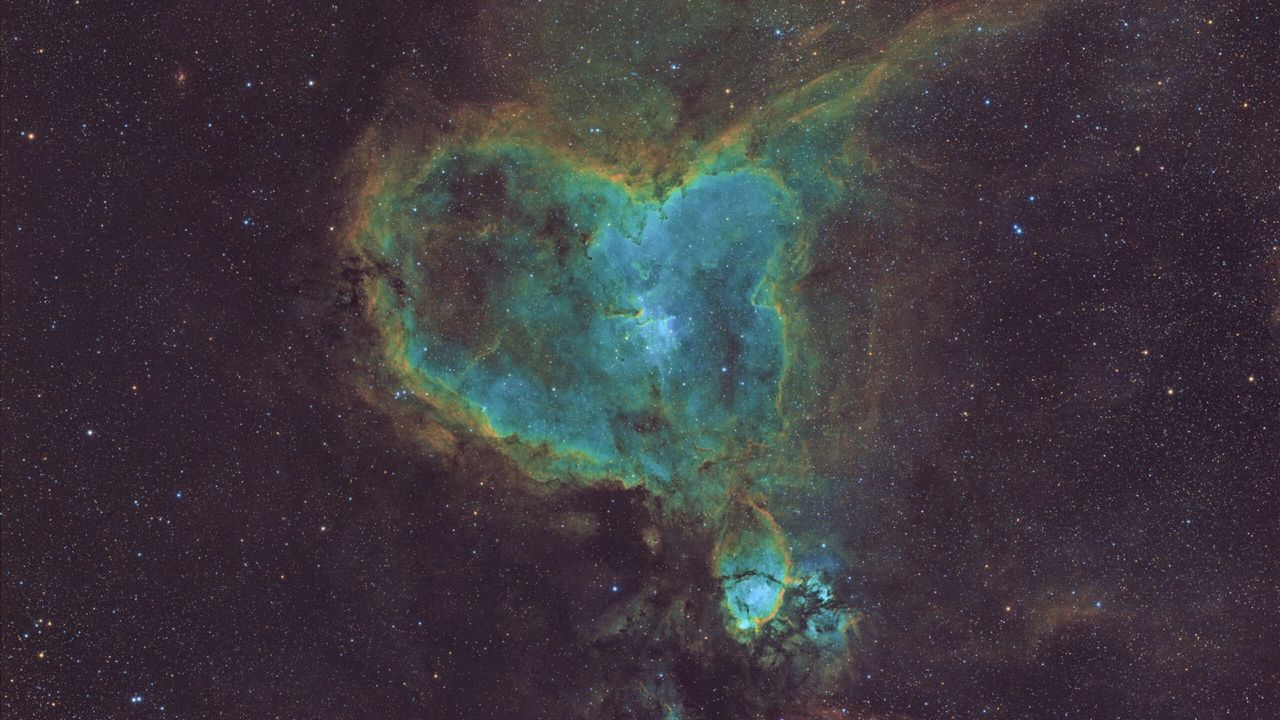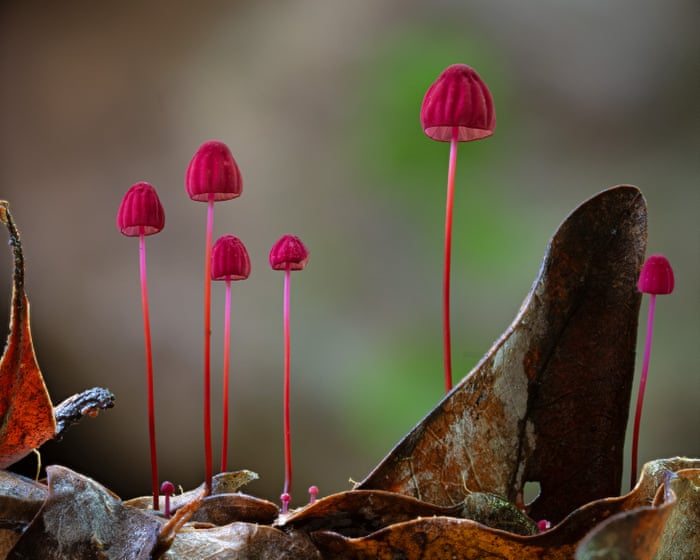Skeletons found in mass grave are ancient Roman soldiers, study finds
PositiveScience
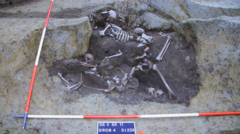
A recent archaeological discovery in Croatia has unveiled the remains of seven male skeletons believed to be ancient Roman soldiers, dating back approximately 1,700 years. This finding is significant as it provides valuable insights into the lives and deaths of soldiers from the Roman Empire, enhancing our understanding of historical military practices and burial customs. Such discoveries not only enrich our knowledge of the past but also highlight the importance of archaeological research in uncovering hidden histories.
— Curated by the World Pulse Now AI Editorial System
